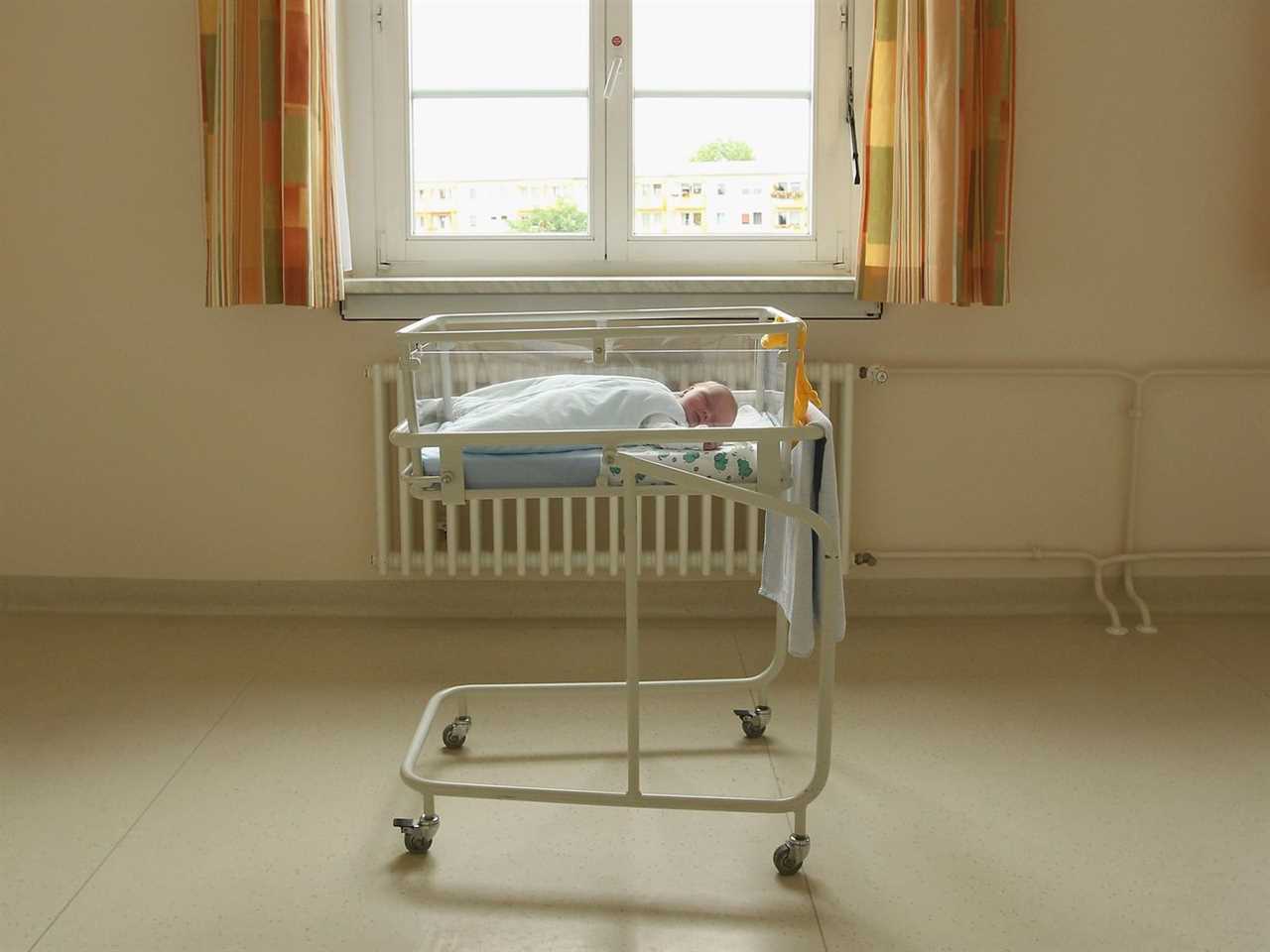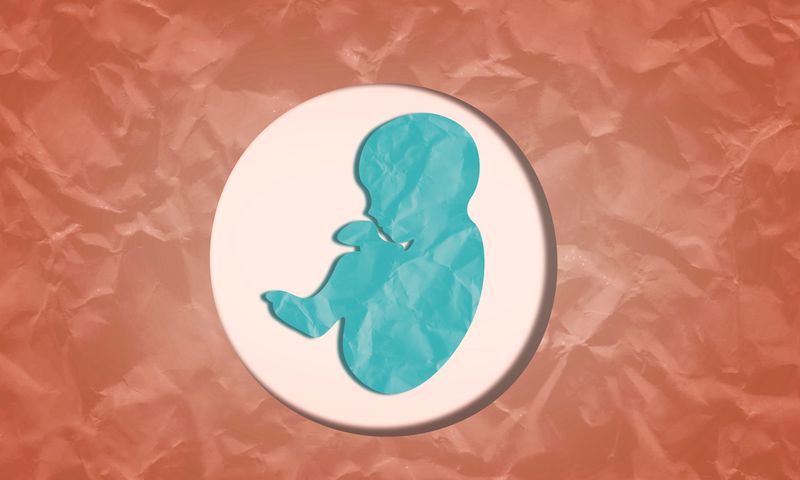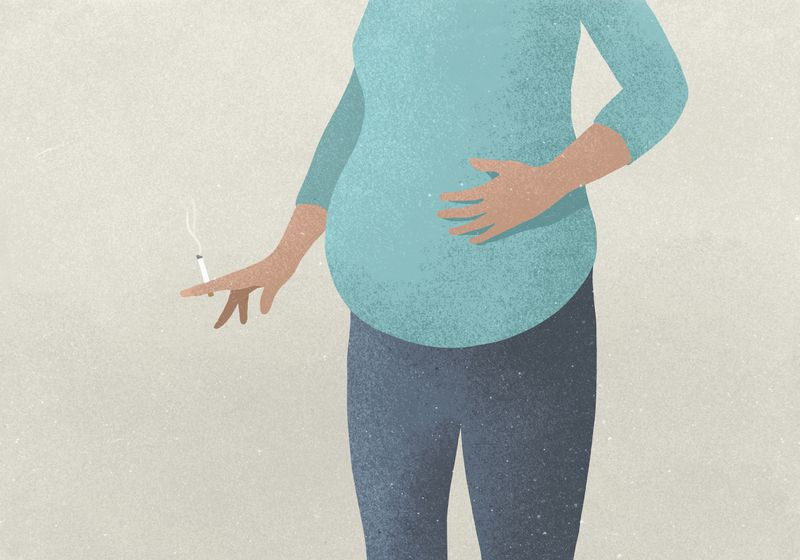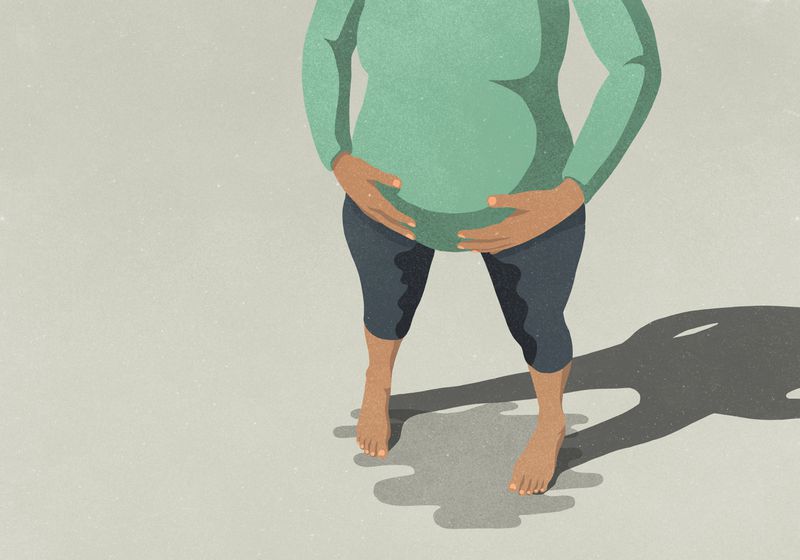
Why do we know so little about pregnancy — one of the most common experiences on Earth?
Technically, pregnancy is one of the most ordinary things in the world. After all, every single person on Earth has firsthand experience with it (since we all had to come out of someone’s womb).
And yet, even though it happens every day, pregnancy also remains extremely mysterious.
Sometimes, it’s mysterious in an awe-inspiring way: There’s a kind of alchemy that goes on in pregnant peoples’ bodies, transmuting a single cell into a full-fledged human being.
Other times, though, it’s mysterious in a deeply frustrating way. Because despite how common pregnancy is, there are still many, many questions about pregnancy that researchers cannot answer. Questions pregnant people have about their own bodies and brains, about their fetuses’ well-being, about how pregnancy might change themselves and their lives.
On Expecting, a three-episode series from Unexplainable — Vox’s podcast exploring big, unanswered questions — we’ll investigate some of the scientific mysteries that parents face as they try to navigate pregnancy and caretaking. Plus, around the Vox newsroom, reporters have been asking (and getting answers to) their own questions about pregnancy.
We’ll look at everything from how pregnancy and caretaking can shape a parent’s brain to the effects that the unknowns of pregnancy can have on a parent’s life.
First, though, we’ll start in the womb, trying to understand how, even as a parent is shaping a fetus into a child, that fetus might be shaping its parent right back.
Fetuses leave little pieces of themselves behind in their pregnant parents’ bodies. What are they doing there?

Getty Images/Science Photo Libra
Fetuses in the womb get all kinds of things from their pregnant parents. They get nutrients, oxygen, and all the things they need to survive and thrive.
It turns out that fetuses also give their pregnant parents something back: cells.
These cells from the fetus travel into the parent’s body through the placenta. Some of them might be eliminated by the immune system, but others can travel to places all around the body — anywhere from the heart to the lungs to Cesarean scars and even the brain. Once there, they braid themselves into the surrounding tissue, becoming a part of the heart or the brain or the lungs. They may look different, genetically, from the cells around them, but have become a part of the parent’s body.
Scientists describe the presence of these cells as microchimerism. Micro, as in tiny, and chimera, as in the mythical creature that is a hybrid of multiple creatures. In this case, not a lion-goat-serpent hybrid from Ancient Greek legend, but a miniature hybrid of cells that come, genetically, from a parent and their fetus.
These cells represent a tiny fraction of the parent’s body — as low as one in a million of a parent’s cells might come from their fetus. But this process does mean that every parent who has gone through pregnancy carries tiny souvenirs of those children inside of them — potentially for their entire lives.
The mystery here is what effect these cells have on the body. It’s possible that they are sometimes neutral, not having any effect. But by studying mice, researchers have found evidence that suggests these cells could help parents’ hearts heal, and could lend a healing hand elsewhere in the body, too. Other researchers, by contrast, have found compelling evidence that these cells could play a role in autoimmune diseases, or even cancer.
Much like most relationships between parents and their children, then, the relationship between parents’ bodies and the fetal cells they take on is both complex and endlessly fascinating.
Is becoming a parent like going through another type of puberty?

Didier Pallages/AFP via Getty Images
When we asked our listeners to email us with voice memos about how pregnancy had affected their lives, we got an avalanche of responses.
Some listeners told us they’d suddenly become much more emotional. Many of them described themselves as crying much more often after having kids, even if they’d been infrequent criers before. Others told us they were unable to watch true crime anymore if it featured kids in any way.
“Suddenly, every baby is your baby,” explained Liz LaPoint.
Still other listeners told us that they just felt hypersensitive to their children’s well-being, like Eduardo Alejandre, who told us, “I feel like one of my ears is always ... trying to be aware of what they’re doing, if they’re safe.”
Listeners described changes in their stress levels, in their creativity, even just in their levels of exhaustion.
In some ways, this isn’t particularly surprising. Most parents can tell you a story about the ways that pregnancy and parenthood changed them. What is surprising, however, is how under-understood those changes are.
Science and health journalist Chelsea Conaboy recently dived into all the ways that parenthood and caretaking change the structure — and function — of the parental brain in her book, Mother Brain: How Neuroscience Is Rewriting the Story of Parenthood. While her exploration of the current research turned up some answers, it mostly turned up a lot of as-yet-unanswered questions.
Unexplainable episode airs 5/17
Is Cannabis safe to use during pregnancy? And why can it get pregnant people in big trouble?

Getty Images/fStop
There is really good research out there that shows that if a parent drinks too much alcohol during pregnancy, it can have clear consequences for the child, affecting everything from their weight and size to their cognitive abilities, vision, and hearing. There is also good evidence that smoking cigarettes can harm a fetus.
As Vox reporter Keren Landman found in recent reporting, by contrast, the consequences of cannabis use are less obvious. The studies that have been done have had some mixed results. Researchers aren’t entirely clear on whether cannabis use affects birth weights, and while there are some connections drawn between cannabis use in pregnancy and attention, hyperactivity, and aggression in kids, these results are also not clear-cut.
In spite of these mixed results, Landman found that cannabis use in pregnancy is still heavily penalized in states across the US — even in states where the drug is legal. Pregnant parents sometimes use cannabis to help them cope with morning sickness or other pregnancy symptoms, but in many states, they can have their children taken away by child protective services, or even be arrested and jailed.
So why is there such a mismatch between the science and the policy? And how can we improve both, and make parents feel safe discussing cannabis use with their providers?
Unexplainable episode airs 5/24
Why can’t we accurately predict due dates?

Getty Images/fStop
Seemingly, every stage of pregnancy contains a scientific mystery or uncertainty. That’s true up until the end. As Vox’s Anna North writes, it’s still impossible to predict when labor will start.
“The exact trigger for the onset of labor is not known,” Martina Badell, a professor of obstetrics and gynecology at Emory University, tells North. But there’s more, as North explains:
We can’t predict exactly when it will start. And though researchers have identified certain risk factors, we can’t be certain whose body will begin the process prematurely, potentially putting the future child at risk of hospitalization, illness, or death. Individual people have little to no control over when they go into labor, meaning that patients aren’t to blame when something goes wrong — and there’s not much they can do on their own to influence the process.
What’s frustrating, as one doctor tells North, is that labor is “a mystery that doesn’t need to be a mystery.” We could devote more funding to reproductive health to help figure the answer out. Read North’s full story here.
Further reading: Pregnancy knowns and unknowns
- The pregnancy risks of Ozempic and Wegovy need more attention: The buzzy weight loss drugs are linked to birth defects in animal studies. Why is this information so hard to find?
- The stunning danger of smoking while pregnant: A study finds smoking even one cigarette per day in pregnancy doubles the risk of a newborn baby dying.
- A leading cause of maternal mortality is something few moms worry about: Experts want greater awareness about high blood pressure during pregnancy
----------------------------------------
By: Byrd PinkertonBrian Resnick
Title: 4 unexplainable mysteries of pregnancy and parenting
Sourced From: www.vox.com/unexplainable/23717335/pregnancy-parenting-scientific-mysteries-podcast
Published Date: Wed, 10 May 2023 14:00:00 +0000






